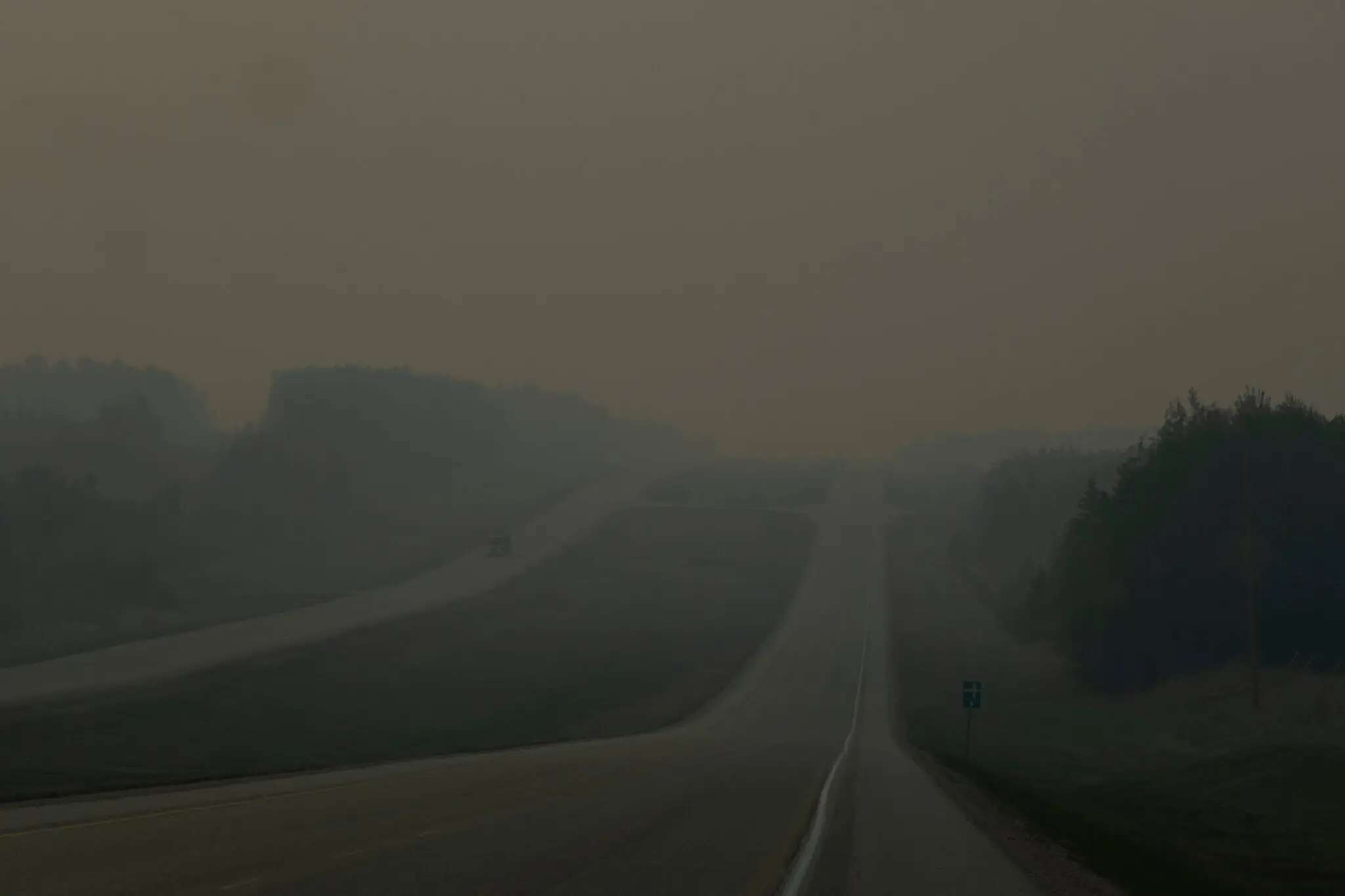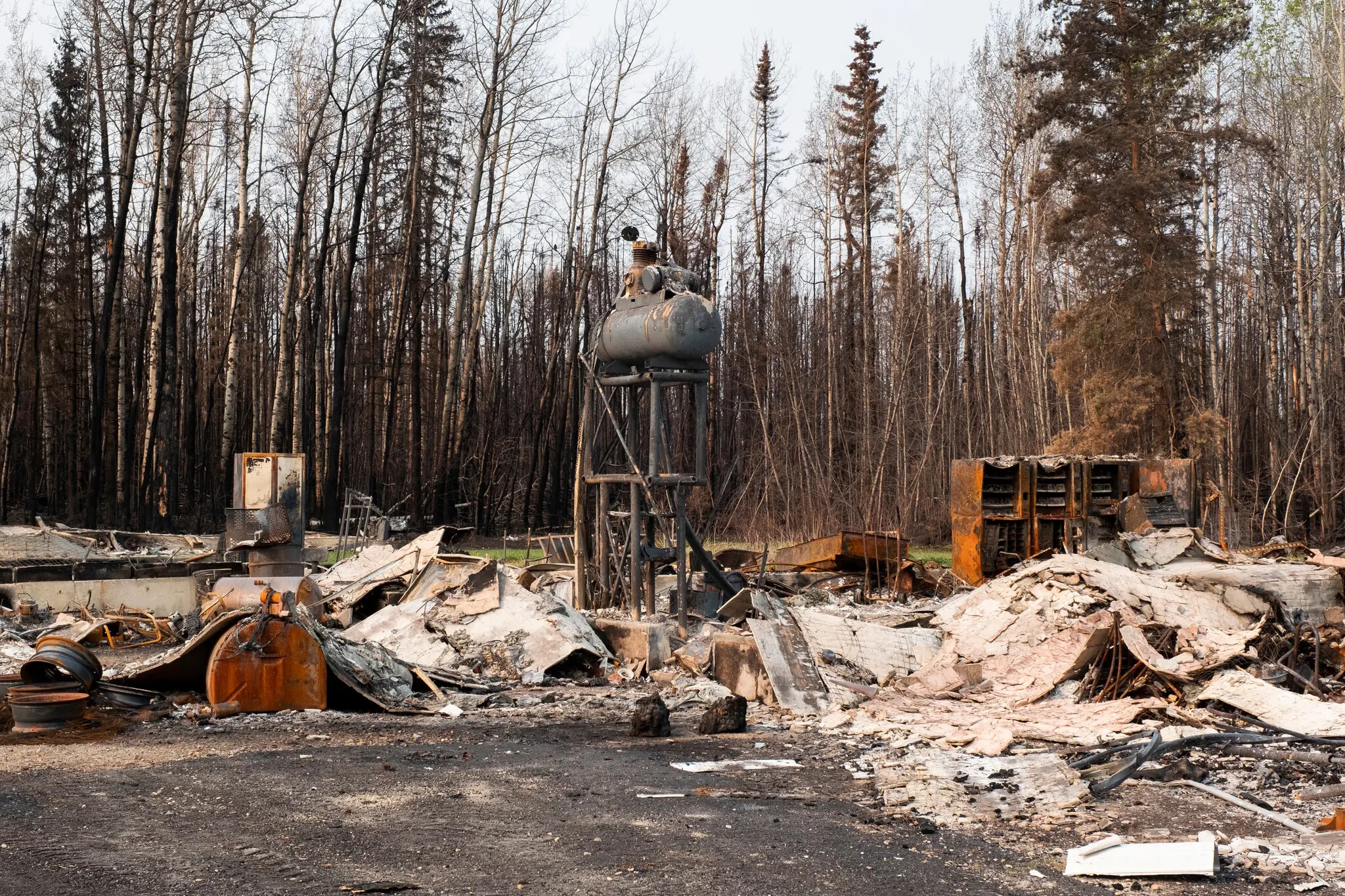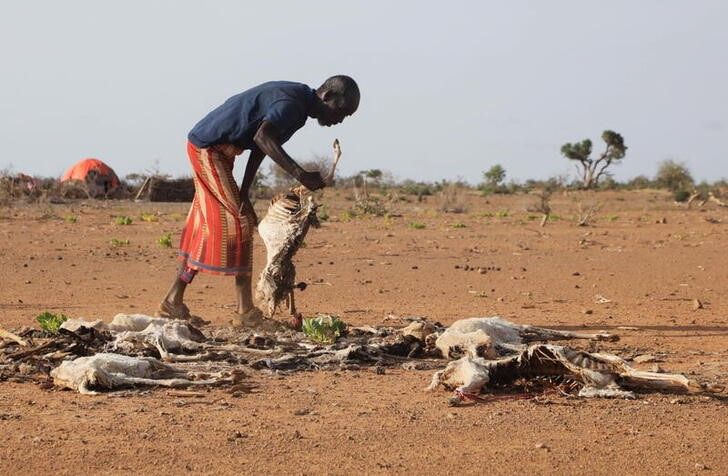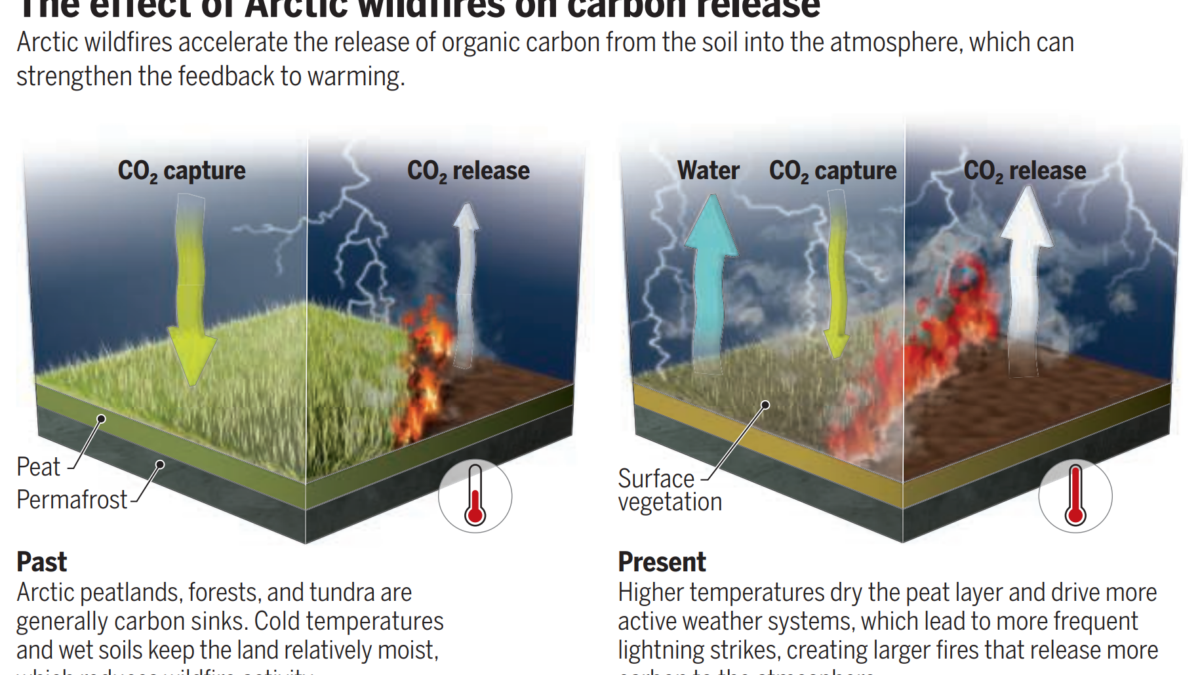Alberta is on fire, but discussing climate change is taboo during 2023 election – “It’s very tough to talk about oil and gas in Alberta because it’s sort of the goose that lays the golden egg”

By Ian Austen
20 May 2023
(The New York Times) – When I arrived in Alberta recently to report an upcoming political story, there was no shortage of people wanting to talk about politics and the provincial election on May 29. But, even as wildfires flared earlier than usual and raged across an unusually wide swath of forest, discussions about climate change were largely absent.
The smoke that enveloped Calgary this week briefly gave the city one of the worst air-quality ratings in the world, as the fires to the north and west led to the evacuation of roughly 29,000 people across the province.
Smoke from wildfires has blotted out the sun in Calgary, Edmonton and Vancouver several times in recent years and kept runners, cyclists and walkers indoors. Charred forests, already burned in previous wildfire seasons, lined the roads I drove in Alberta’s mountains.
I had been to Alberta in 2016 to cover the fires sweeping through Fort McMurray, but that blaze, almost miraculously, took no lives except in a traffic accident. But fires in Alberta, British Columbia and Saskatchewan have become bigger and stronger, and research suggests that heat and drought associated with global warming are major reasons. When the town of Lytton, British Columbia, was consumed by wildfires in 2021, temperatures reached a staggering 49.6 degrees Celsius.
Poll after poll has shown that Albertans are more or less in line with other Canadians on the need to take steps to reduce carbon emissions. But the candidates aren’t talking much about it.
During Thursday’s debate between Danielle Smith, the premier and leader of the United Conservative Party, and Rachel Notley, the former premier and leader of the New Democratic Party, the subject of climate came up only in an economic context.
Ms. Smith repeatedly accused Ms. Notley of springing a “surprise” carbon tax on the province and warned that any attempt to cap emissions would inevitably lead to reduced oil production and reduced revenues for the province, (an assessment not universally shared by experts).

I asked Feodor Snagovsky, a professor of political science at the University of Alberta, about this apparent disconnect in Alberta between public opinion about climate change and campaign discourse.
“It’s very tough to talk about oil and gas in Alberta because it’s sort of the goose that lays the golden egg,” he said. “It’s the source of a remarkable level of prosperity that the province has enjoyed for a long time.”
This year oil and gas revenues will account for about 36 percent of all the money the province takes in. And during the oil embargo of the late 1970s, those revenues were more than 70 percent of the province’s budget. Among other things, that has allowed Alberta to be the only province without a sales tax and it has kept income and corporate taxes generally low relative to other provinces.
But oil and gas production account for 28 percent of Canada’s carbon emissions, the country’s largest source. While the amount of carbon that’s released for each barrel produced has been reduced, increases in total production have more than offset those gains. [more]


